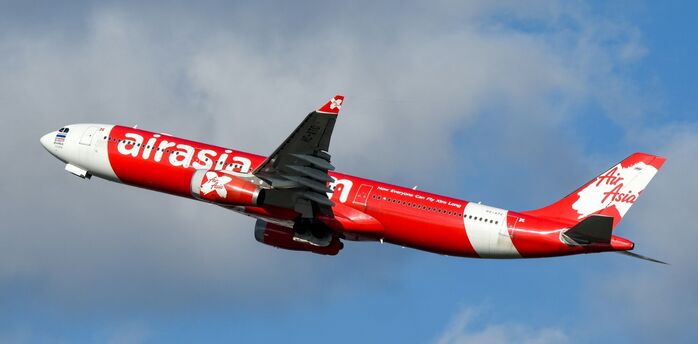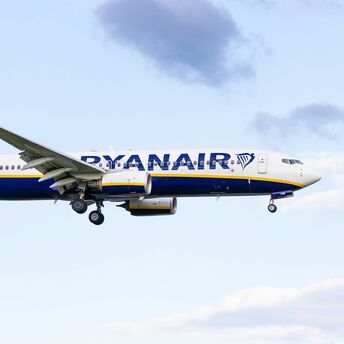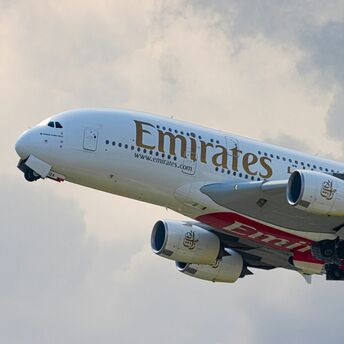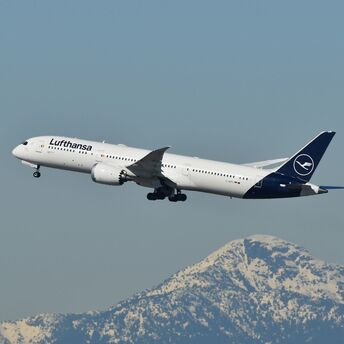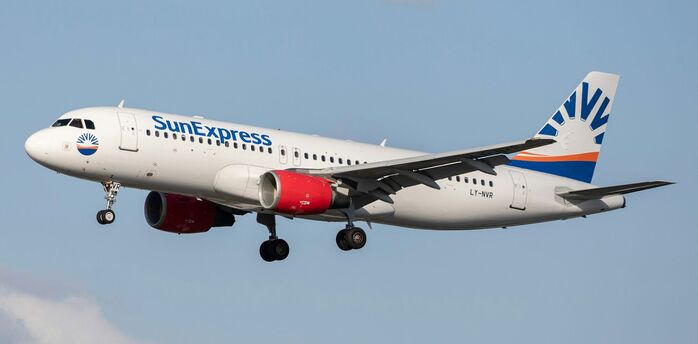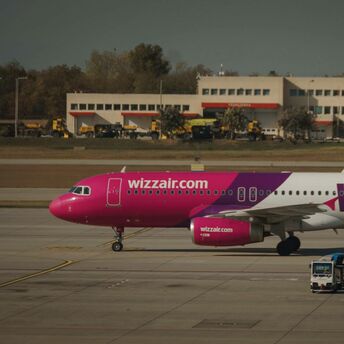Passengers Face Uncertainty as Air Canada Delays Restart
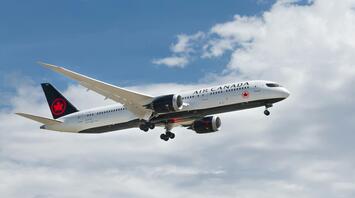
Air Canada has postponed the restart of its flights after the Canadian Union of Public Employees (CUPE) urged flight attendants to ignore a return-to-work directive from the Canada Industrial Relations Board (CIRB). The strike, which began on August 16, has already led to hundreds of cancellations in the middle of the peak summer season. The airline originally planned to resume limited operations on August 17 but later announced delays until the following evening.
CUPE says the CIRB order is unfair and told its members to keep striking until more talks happen. As a result, passengers had to deal with longer travel problems, which also sparked debates about workers’ rights and government authority. While most Air Canada and Air Canada Rouge flights remain grounded, regional operations through Air Canada Express have continued, providing at least partial connectivity for travelers across the country.
If your flight was canceled, Air Canada offers refunds, travel credits, or the chance to rebook, but finding an open seat during the busy summer season can be difficult. These steps give travelers some options to save their plans. Under Canadian law, airlines don’t have to pay for hotels or meals during strikes, so travelers stuck away from home must pay those extra costs on their own.
This situation highlights the importance of keeping a backup plan when traveling. Travelers might look at alternatives such as flying with Star Alliance partners like United Airlines or choosing flights that connect through different cities. Choosing flexible tickets, getting travel insurance, and managing plans through Air Canada’s online tools can make it easier for travelers to deal with sudden flight cancellations. This shows why it’s smart to always have a backup plan, especially when flying with big airlines that can be affected by strikes.
The size of the strike is a clear reminder for today’s travelers: unexpected problems are simply part of the trip. Strikes reveal the fragile parts of air travel, even at peak times, reminding passengers that flexibility is not just useful but essential. For travelers, the key takeaway is that journeys rarely go exactly as planned, so having travel insurance and a few backup routes in mind can make the experience far less stressful. In the end, this situation shows how quickly labor disputes and strikes can throw off travel plans for people everywhere.


